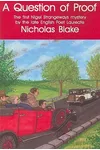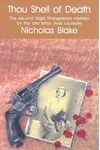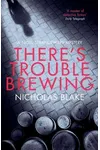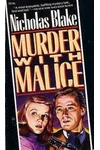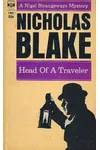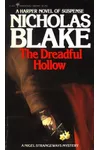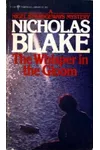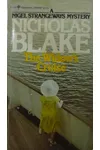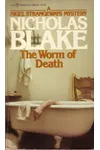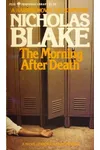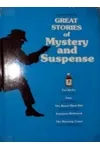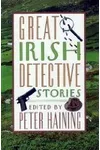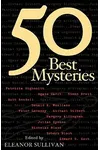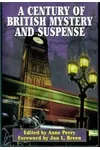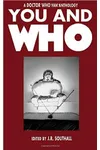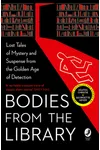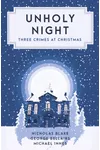Picture an Irish-born wordsmith who spun poetic masterpieces by day and thrilling detective tales by night—meet Nicholas Blake, the pseudonym of Cecil Day-Lewis! Known for his Nigel Strangeways mysteries, Day-Lewis blended literary flair with Golden Age detective fiction, captivating readers with clever plots and a dash of poetic charm.
Born in 1904, Day-Lewis wore many hats: poet, novelist, and even Poet Laureate of the United Kingdom from 1968 to 1972. As Nicholas Blake, he crafted 20 crime novels, 16 featuring the charismatic Nigel Strangeways, leaving a lasting mark on British literature.
The Making of Nicholas Blake
Cecil Day-Lewis was born in Ballintubbert, Ireland, to a Church of Ireland rector and lost his mother at age two. Raised in London, he studied at Sherborne School and Wadham College, Oxford, where he mingled with poet W.H. Auden, shaping his early poetic voice. His first poetry collection, Beechen Vigil, appeared in 1925, but by 1935, needing to fund a cottage roof repair, he turned to detective fiction under the pseudonym Nicholas Blake—a nod to his mother’s maiden name and son’s first name.
Day-Lewis’s leftist politics and brief stint in the Communist Party (1935–1938) influenced his early work, though he later distanced himself from communism, as seen in his 1960 autobiography, The Buried Day. His dual career as poet and novelist showcased his versatility, balancing academic roles at Oxford and Harvard with thrilling prose.
Nicholas Blake’s Unforgettable Stories
As Nicholas Blake, Day-Lewis created Nigel Strangeways, an Oxford-educated amateur sleuth modeled initially on W.H. Auden but evolving into a more serious, introspective figure. Strangeways, nephew of a Scotland Yard Assistant Commissioner, solved crimes with literary wit, often quoting poetry to baffled suspects. The series kicked off with A Question of Proof (1935), a school-set mystery where a strangled student sparks a scandal. It sold 200,000 copies, cementing Blake’s place in the Golden Age of Detective Fiction.
Thou Shell of Death (1936) followed, weaving a Jacobean play’s clues into a Boxing Day murder plot, showcasing Day-Lewis’s lyrical style. The Beast Must Die (1938), a standout, explores a grieving father’s quest for justice, blending psychological depth with a twisting narrative; it was adapted into films and a 2021 TV series. Later, The Sad Variety (1964) tackled Soviet repression, reflecting Day-Lewis’s disillusionment with communism. His literate, psychologically rich mysteries elevated the genre, earning praise for their “bubbling high spirits” and intricate plots.
Four non-Strangeways novels, like A Tangled Web, showed his range, but Strangeways remained his star. Day-Lewis’s poetic background infused his prose with vivid imagery and moral complexity, making his mysteries both entertaining and thought-provoking.
Why Nicholas Blake Matters
Nicholas Blake brought a literary sheen to detective fiction, blending poetry’s depth with the genre’s puzzles. His Nigel Strangeways series bridged highbrow and popular literature, appealing to readers who craved clever mysteries with emotional weight. As Poet Laureate, Day-Lewis proved that genre fiction could coexist with literary prestige, inspiring writers to cross creative boundaries.
His influence endures in adaptations and reprints, with fans still drawn to Strangeways’s charm. Father to actor Daniel Day-Lewis, his legacy spans art forms, cementing his role as a 20th-century literary giant.
About Nicholas Blake
- Born: April 27, 1904, in Ballintubbert, Ireland
- Key Works: A Question of Proof, The Beast Must Die, Thou Shell of Death
- Awards: Poet Laureate (1968–1972)
- Died: May 22, 1972, in Hertfordshire, England
Snag The Beast Must Die and dive into Nicholas Blake’s thrilling, literate mysteries today!
